
A place for stories about chronic illness, disability, mental health, and neurodivergence.
chronic illness
-
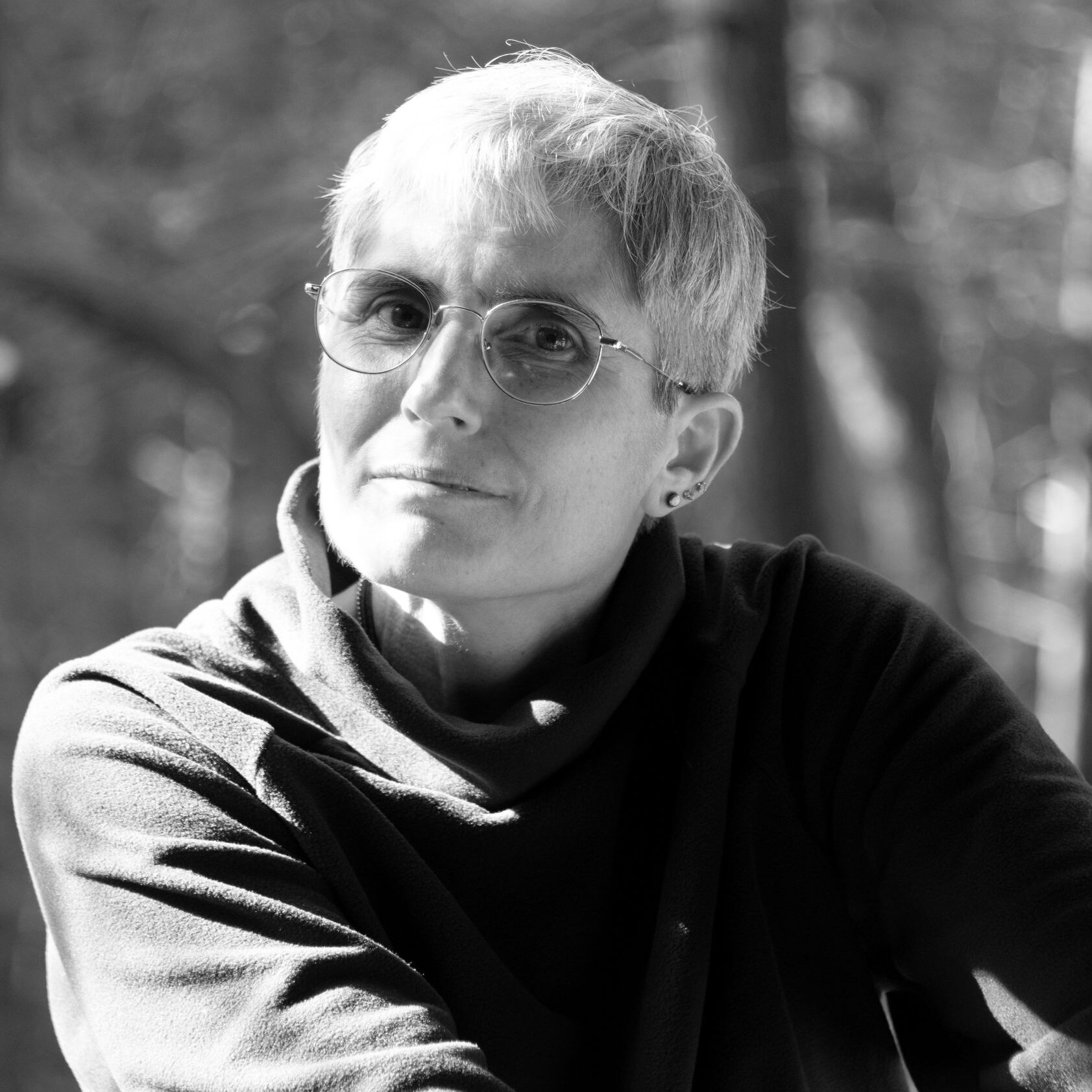 By Amba Elieff
By Amba ElieffIn her poem Vertigo, author and poet Amba Elieff captures the dizzying horror that is having your world flipped upside-down mid step and what it means to push through it like nothing happened.
-
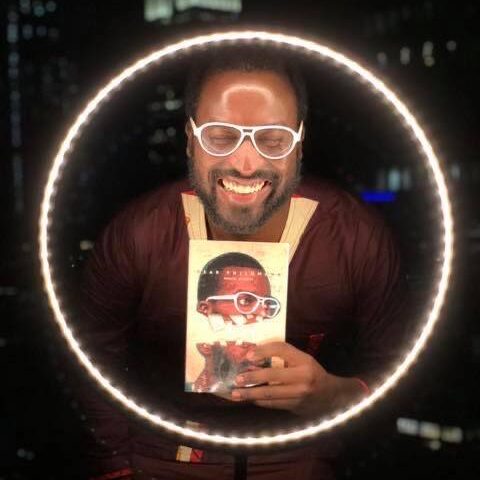 By Mugabi Byenkya
By Mugabi ByenkyaIf a loved one infringed on one of your most private moments for their own curiosity, how would you respond? That’s what author and poet Mugabi Byenkya writes about in their poem, Seizure #774, which takes place during a seizure.
-
 By Allison Stalberg Siebens
By Allison Stalberg SiebensAmba Elieff spent most of her life a closet poet. Now, she’s put her work out there for all to see in her debut collection, Maiden, Mother, Crone. We spoke with Elieff about sacred spaces, womanhood, and what it means to be in community with other through her work.
-
 By Amba Elieff
By Amba ElieffResearchers at the University of Massachusetts found that nearly ninety-six percent of chronic medical conditions can be considered “invisible illnesses.” Poet Amba Elieff details her own experiences with chronic illness via one small tattoo.
-
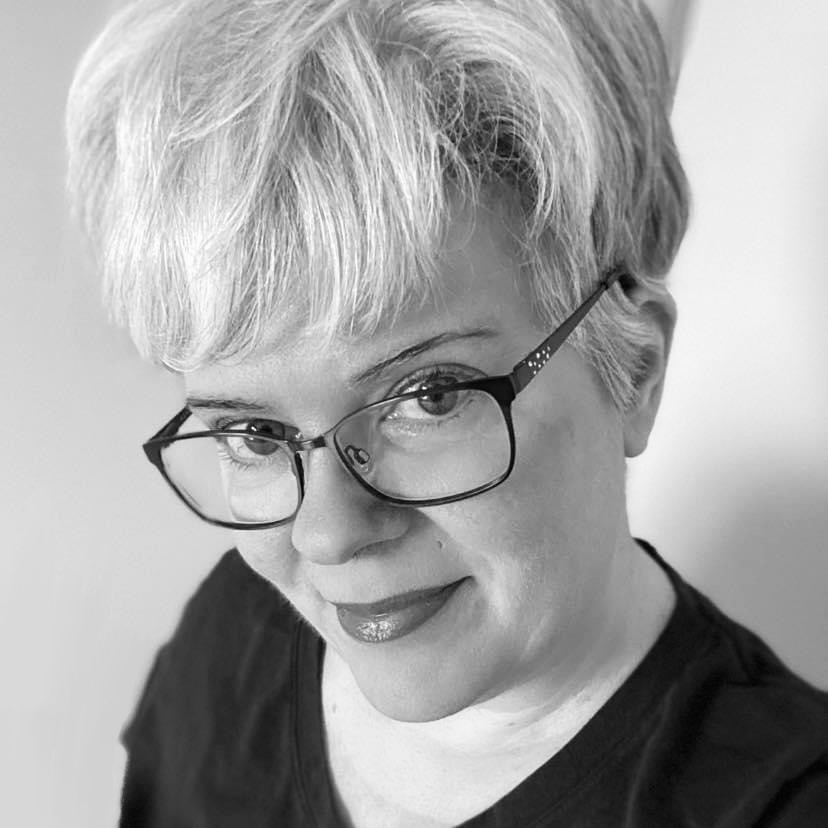 By Cait Gordon
By Cait GordonIt’s the end of the world. Then again, we Spoonies have always been able to adapt. While the non-disabled, richest one percent were hidden underground in bunkers during the catastrophe, a network spearheaded by a disabled woman had secretly gathered to protect the most disregarded of the population.
-
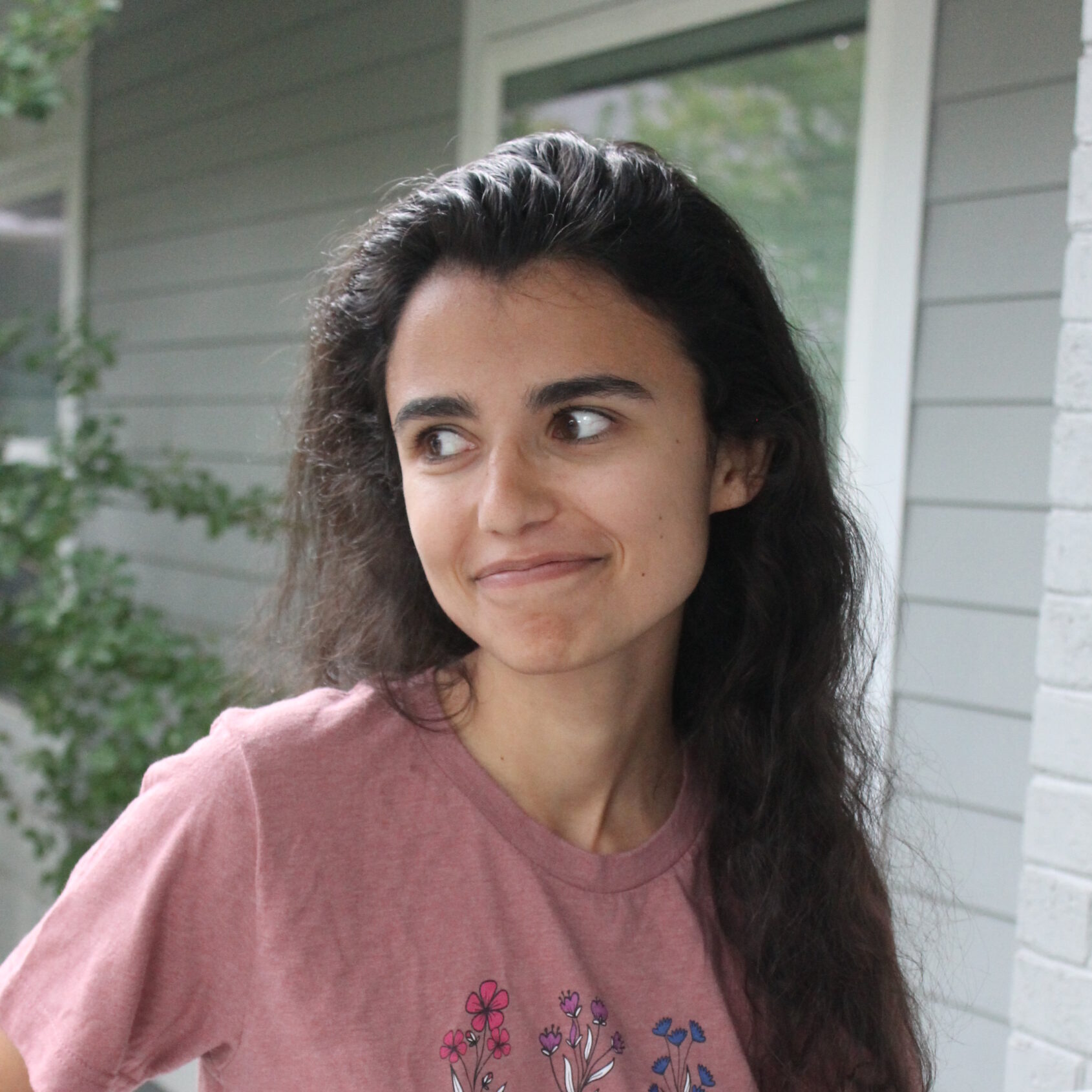 By Nicole Zelniker
By Nicole ZelnikerIn her essay, Knee Brace Press EIC Nicole Zelniker chronicles her relationship with food through the lens of OCD, anorexia, and Crohn’s disease. The essay is an ode to recovery as well as community in the form of “badass, body positive friends.”
-
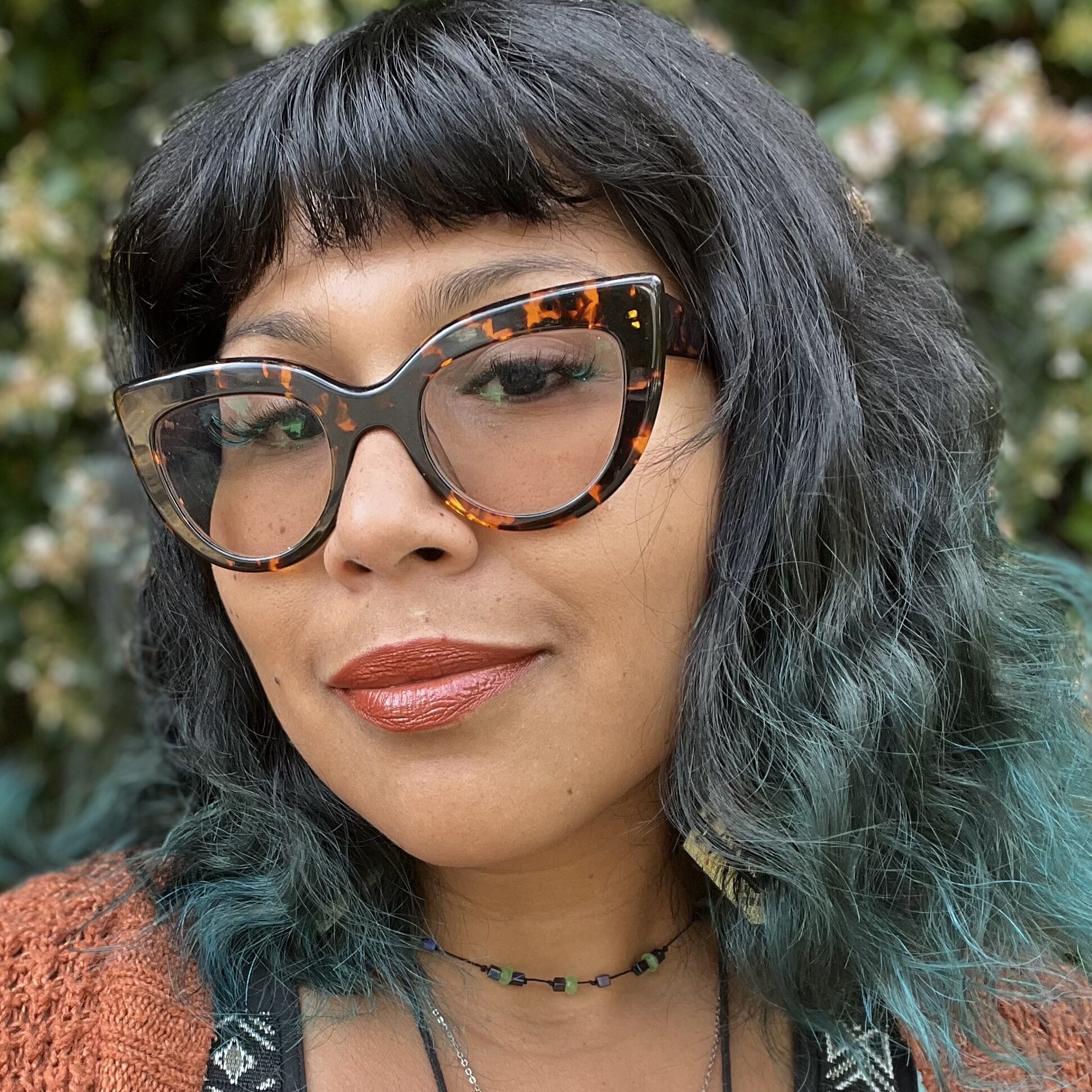 By Clara Olivo
By Clara Olivo“Music is my liberation/the medicine to my soul/the bridge between two realms in which/I coexist.” Poet and author Clara Olivo is back with a poem about music, chronic pain, and resilience.
-
 By Jamieson Wolf
By Jamieson Wolf“We were friendly with the dark.” So begins Jamieson Wolf’s To Thrive in Darkness, a short story where the characters live in a fictional labyrinth, but the narrator’s experiences with disability are strikingly similar to Wolf’s own experiences with multiple sclerosis and cerebral palsy.
-
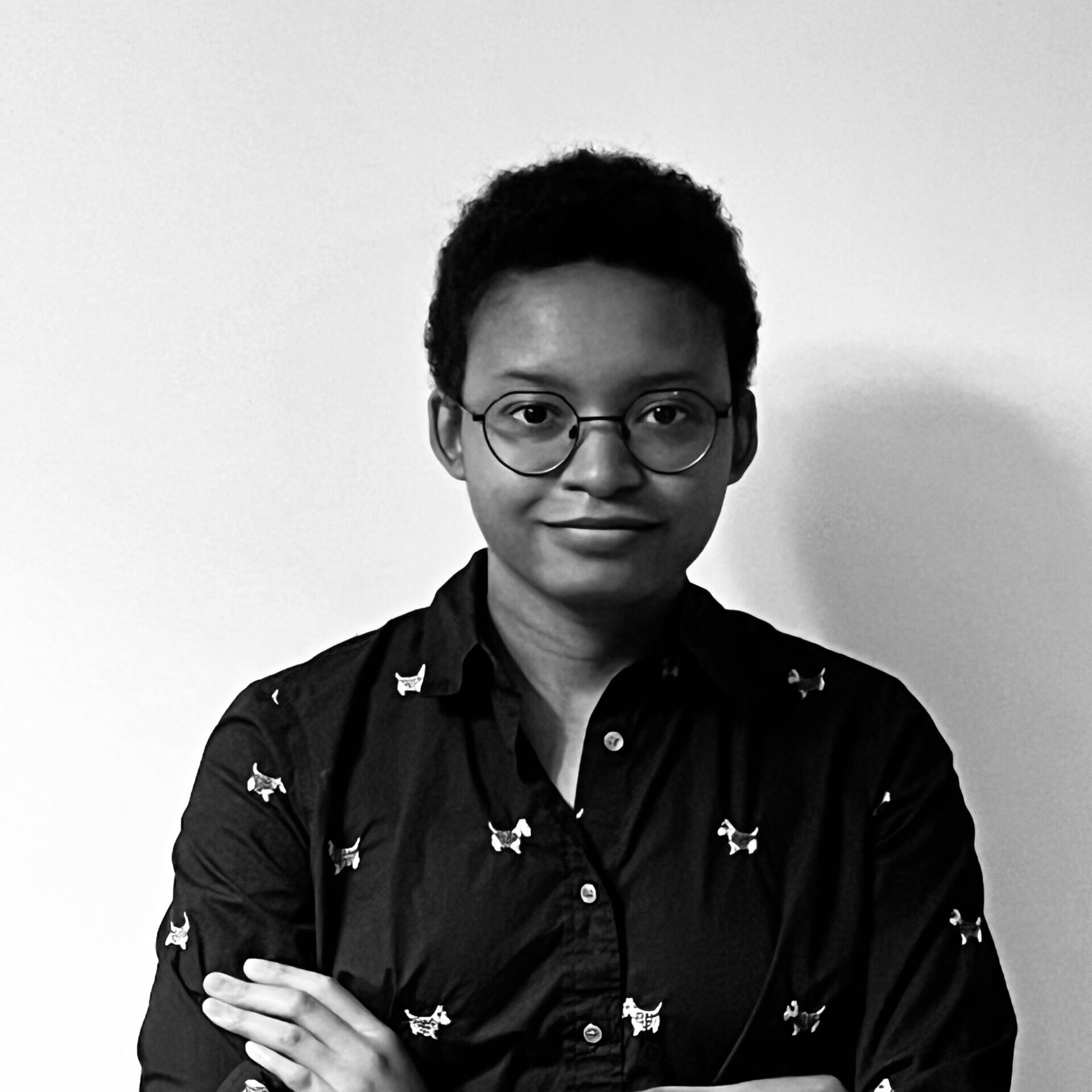 By Sojourner "Hughes" Davidson
By Sojourner "Hughes" DavidsonSojourner “Hughes” Davidson’s poem, Ache Awake, deals with the speaker’s chronic pain, migraines, and insomnia. A DMV-based poet writing about the mind and the body, Davidson has previously published two poems in the Guilford College lit mag, The Greenleaf Review.